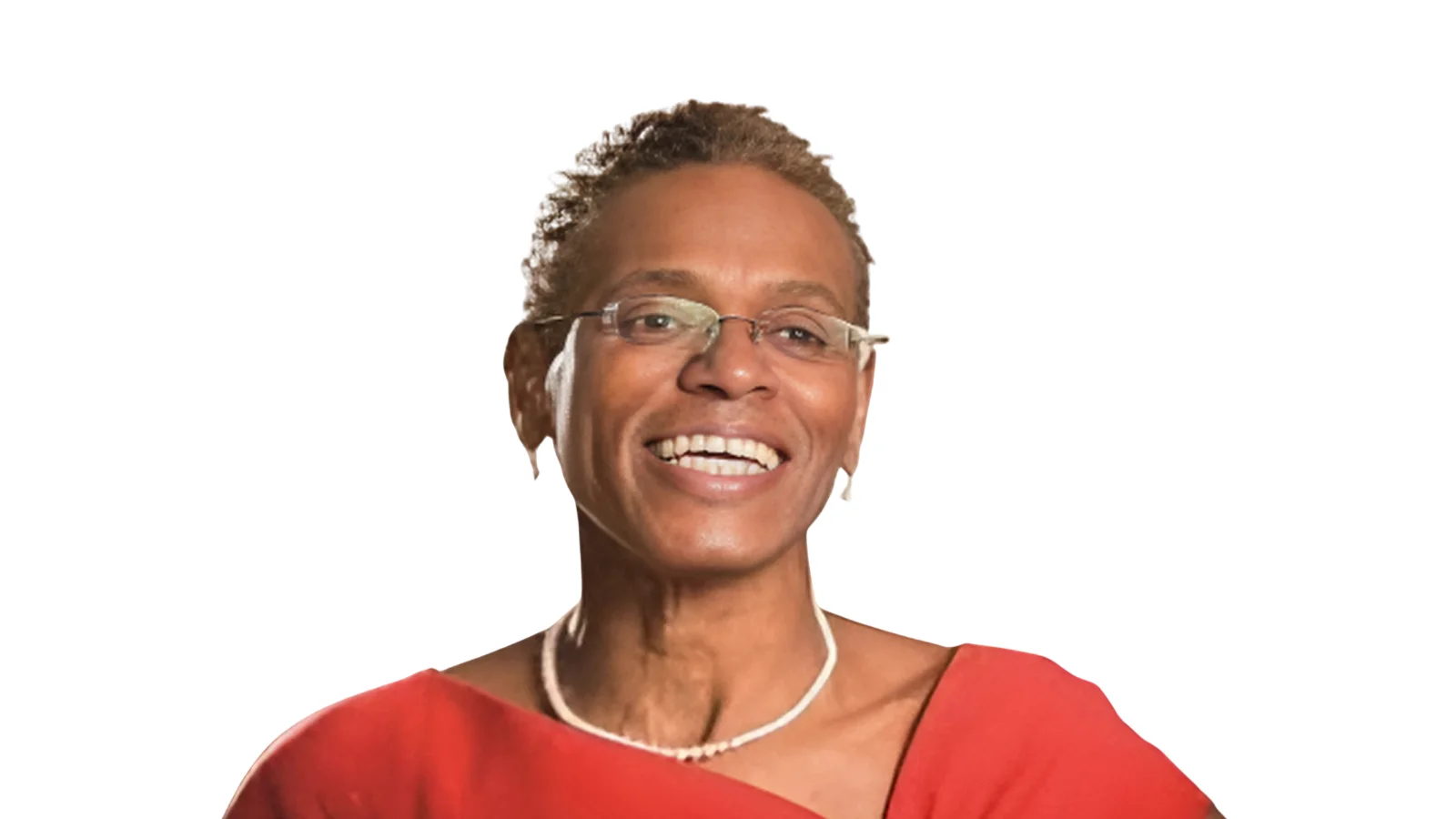Year 10 students from the Cambridge area participated in a programme aimed at encouraging more girls to consider careers in mathematics. The Girls Enjoy Maths Summer School, a collaboration between Cambridge Maths School, the University of Cambridge, and Raspberry Pi, involved 45 students who took part in hands-on learning activities and explored real-world applications of mathematical sciences.
Over three days, participants engaged in workshops on maths as it applies to biology, chemistry, and physics at Cambridge Maths School. They also had discussions with current students and staff about studying A-level maths and further maths. The programme included a day at the University of Cambridge with sessions held at St John’s and Queens’ Colleges. Students experienced punting on the River Cam and visited the Mathematical Bridge. Dr Zoe Wyatt and Professor Julia Gog OBE spoke about their experiences as female mathematicians and addressed how mathematics impacts research and society.
A visit to Raspberry Pi introduced students to creative coding and artificial intelligence projects.
Cambridge Maths School was established with support from the University of Cambridge. It opened its doors to its first group of students in 2023. The school is managed by the Eastern Learning Alliance multi-academy trust and focuses on innovative teaching methods while working to improve diversity within mathematics by encouraging underrepresented groups, including girls, to continue studying maths beyond age 16.
“The GEM Summer School was a celebration of curiosity, creativity, and community,” said a spokesperson from Cambridge Maths School. “Thanks to the dedication of our inspiring staff and the invaluable support of our partners, we were able to create a truly empowering experience that sparked curiosity, built confidence, and celebrated the joy of mathematics.”
The summer school was free for attendees; lunch was provided along with financial assistance for travel costs. Priority admission was given to those from backgrounds less represented in mathematical sciences.

